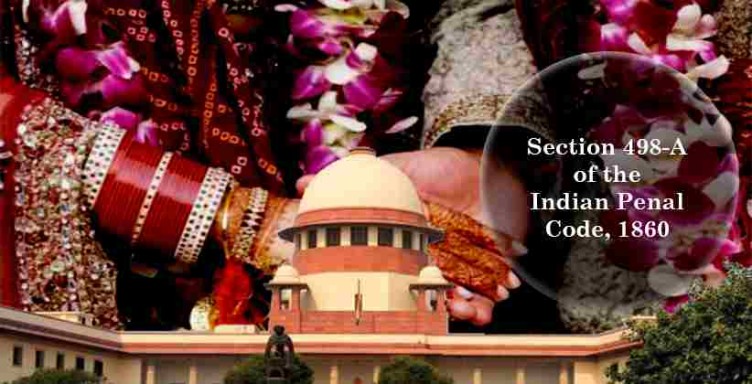Navigating the Complex Terrain of False Cases Under Section 498A and Domestic Violence Act: The Imperative for Ethical Divorce Practices
In India, the legal framework includes various laws designed to safeguard the rights and well-being of married women. Among these, Section 498A of the Indian Penal Code and the Domestic Violence Act (DVA) were enacted to address the distressing issue of cruelty and harassment faced by married women. While these laws serve a crucial purpose in ensuring the protection of women’s rights, there have been instances of their misuse, leading to false cases being filed against husbands and their families. In this comprehensive blog, we delve into the intricate dynamics of false cases under these laws and the pressing need for ethical practices in divorce proceedings.
Understanding Section 498A and the DVA
Section 498A of the Indian Penal Code was introduced with the noble intention of addressing the pervasive problem of cruelty and harassment faced by women in their matrimonial homes. This provision allows for the criminal prosecution of individuals accused of subjecting a woman to cruelty or harassment for dowry. In contrast, the Domestic Violence Act is a civil law that extends protection to women facing various forms of domestic violence, including physical, emotional, sexual, and economic abuse.
The Unfortunate Misuse of These Laws
While these laws are intended to serve as a safeguard for women’s rights, there have been troubling instances of their misuse. False cases filed under Section 498A and the DVA can have severe repercussions for the accused, including wrongful arrest, financial burdens, and the tarnishing of their reputation. In some cases, individuals resort to these laws with unethical motives, such as obtaining financial benefits or expediting the divorce process. Such misuse not only harms the accused but also undermines the credibility of the legal system.
Promoting Ethical Practices in Divorce Proceedings
To uphold the principles of justice and fairness, it is imperative to promote ethical practices in divorce proceedings. Below are compelling reasons why it is vital for individuals, particularly women, to refrain from unethical practices aimed at gaining financial advantage or expediting divorce:
1. Upholding the Integrity of the Legal System:
– Misuse of laws such as Section 498A and the DVA threatens the integrity of the legal system, casting doubt on its ability to deliver justice. False accusations can lead to unjust arrests and undue harassment for those who are innocent.
2. Encouraging Fair and Transparent Divorce Proceedings:
– Ethical practices are integral in fostering a divorce process that is fair, transparent, and respectful of the rights of all parties involved. In any divorce, an amicable resolution is often in the best interest of both spouses, particularly when children are involved.
3. Preserving Personal Integrity:
– Engaging in unethical practices can significantly impact personal integrity. It is crucial to conduct oneself with honesty and fairness during divorce proceedings to maintain one’s own sense of honor and dignity.
4. Protecting the Rights of All Parties:
– Marriage and divorce are complex, emotionally charged matters. It is paramount to protect the rights of all parties involved, including the accused. False cases divert attention from genuine cases of women facing real abuse, thereby hindering their ability to seek help and support.
5. Avoiding Legal Consequences:
– Filing false cases under these laws can lead to perjury charges, which carry legal penalties and can further complicate the divorce proceedings. This ultimately defeats the purpose of these laws by bringing consequences upon those who misuse them.
Conclusion
In conclusion, while it is crucial to have legal provisions to protect the rights of married women, it is equally vital to promote ethical practices during divorce proceedings. False cases under Section 498A and the DVA can have far-reaching and deeply negative consequences, not only for the accused but also for the credibility of the legal system itself. It is our collective responsibility to ensure that the legal process is conducted with integrity, fairness, and transparency, upholding the principles of justice and protecting the rights of all parties involved in this complex and often emotionally charged process.

#law #legal #justice #498a

